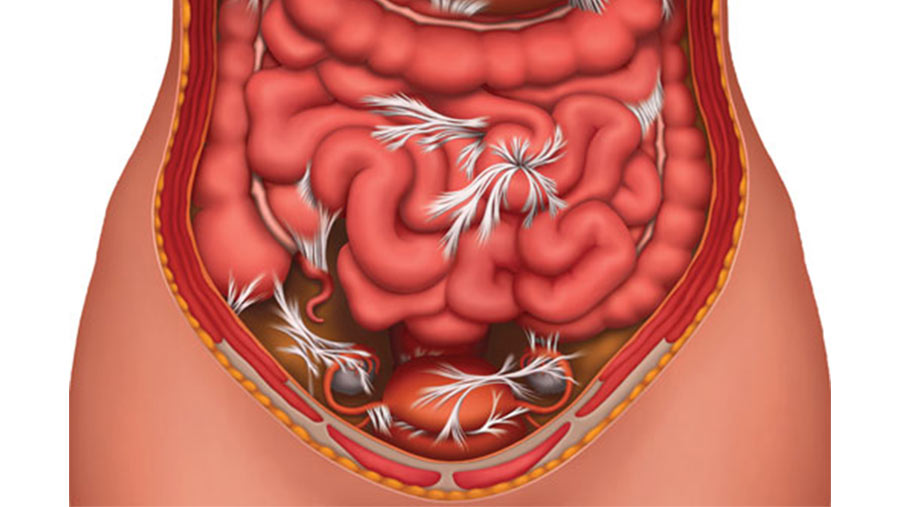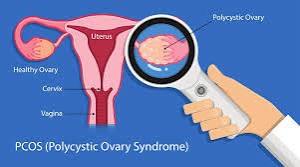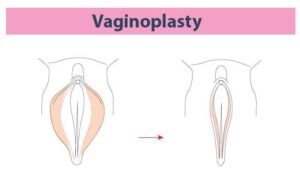What Is Adhesiolysis?
Adhesiolysis is a minimally-invasive surgical procedure that breaks up adhesions and treats the affected area with steroids and other medications. The process is considered both safe and effective in dissolving scar tissue.
Conditions Treated with Adhesiolysis:
- Chronic Pelvic Pain (CPP): Chronic pelvic pain, characterized by persistent discomfort or pain in the lower abdomen or pelvis, can significantly impact a woman’s quality of life. Adhesions within the pelvic cavity can contribute to CPP by causing structural distortion, nerve compression, or inflammatory changes. Adhesiolysis aims to alleviate pelvic pain by releasing the adhesions and restoring normal pelvic anatomy.
- Infertility: Pelvic adhesions can obstruct the fallopian tubes or distort the uterine cavity, leading to infertility or recurrent pregnancy loss. Adhesiolysis can improve fertility outcomes by removing obstructions and enhancing the chances of natural conception or success with assisted reproductive techniques like in vitro fertilization (IVF).
- Endometriosis: Endometriosis is a condition where tissue similar to the lining of the uterus grows outside the uterus, leading to inflammation, pain, and adhesion formation. Adhesiolysis may be performed as part of surgical management for endometriosis to relieve pain, restore pelvic anatomy, and improve fertility in affected individuals.
- Pelvic Inflammatory Disease (PID): PID is an infection of the female reproductive organs, often resulting from sexually transmitted bacteria. Chronic or recurrent PID can lead to the formation of pelvic adhesions, contributing to chronic pelvic pain, infertility, and complications like tubo-ovarian abscesses. Adhesiolysis may be indicated in cases of PID-associated adhesions to alleviate symptoms and improve reproductive outcomes.
- Previous Pelvic Surgeries: Women who have undergone previous pelvic surgeries, such as cesarean sections, hysterectomies, or ovarian surgeries, are at increased risk of developing pelvic adhesions. Adhesiolysis may be necessary in such cases to address symptoms like chronic pain, bowel or bladder dysfunction, and infertility that arise due to adhesion-related complications.
Conclusion:
Adhesiolysis plays a crucial role in the management of various gynecological conditions, ranging from chronic pelvic pain to infertility. By addressing pelvic adhesions through surgical intervention, women can experience relief from symptoms, improved fertility outcomes, and enhanced quality of life. Under the guidance of experienced gynecologists like Dr. Aneeta Talwar, women can access specialized care and effective treatments tailored to their individual needs, empowering them to overcome gynecological challenges and achieve optimal health and wellness.






